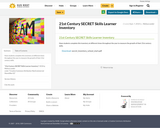
Have students complete this inventory at different times throughout the year to measure the growth of their 21st century skills.
- Subject:
- Education
- Material Type:
- Activity/Lab
- Assessment
- Homework/Assignment
- Date Added:
- 09/07/2018

Have students complete this inventory at different times throughout the year to measure the growth of their 21st century skills.

Students can self-assess their 21st century skills using the division rubrics. You may wish to have them write a short reflection in the box they evaluate themsevles in (supported, with some support, with limited support or independent), or they can simply mark where they feel they are as another option.At the bottom there is room for students to reflect on their greatest area of strength, and explain why. There is also an area for the student to indentify an area of growth and state how they can imporve. The documents are attached below in MSWord (feel free to edit to fit your needs) and PDF verisions. Teachers may include these reflections with student reports or conferences if they they choose to.
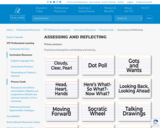
Found herein are activities that encourage practicing metacognition and thinking and learning.
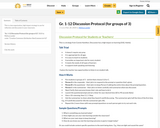
This is a low organization, high impact strategy to use for reflection and discussion in your classroom.
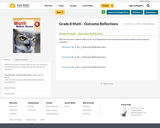
With this document, students reflect on the I Can Statements for the outcomes by providing examples and through self-evaluation.
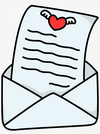
"A task I have given my students is to write a letter to themselvces on their day of graduation!"
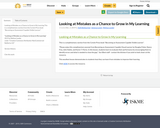
Looking at Mistakes as a Chance to Grow in My Learning
This is a complimentary section from the Corwin Press book "Becoming an Assessment Capable Visible Learner".
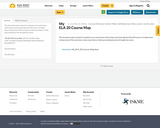
This document map is meant for students to use and interact with as they move through their ELA 20 course. It enables them to keep track of the outcomes as they meet them on their personalized journey through the course.
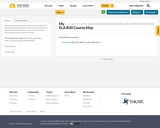
This document map is meant for students to use and interact with as they move through their ELA courses. It enables them to keep track of the outcomes as they meet them on their personalized journey through the courses.

Find out what your students truly value and have them reflect on it themselves using this printable from CharacterLab. (Grades 6–12)

The following file contains the assets (or resources) to accompany the Sask DLC ELA 9 course. Please note that this is not the content of the course, but the assets used to support and deliver it. The files are organized in a zipped folder, and you can download it and extract the files. Links are also provided to other materials like videos and other suggested resources.
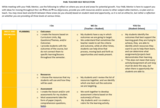
While meeting with your PeBL Mentor, use the following to reflect on where you are at and areas for potential growth. Your PeBL Mentor is here to support you with ideas for moving throughout the I-do We-do You-do process, provide you with resources and/or access to other subject-alike mentors, co-plan and co-teach. You may move back and forth between these areas (as you should) based on student need and opportunity, so it is not an either/or, but rather a reflection on whether you are providing all three levels at various times.
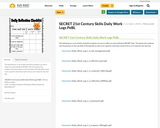
The following are a set of daily checklists students can use to reflect on each individual SECRET skill. The log has the students rate themselves on the sub skills of the big skill as well as set a goal for what they need to focus on to improve the next day.
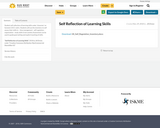
Student self reflection of learning skills under 'character' on Sunwest 21CC rubric.
Students will use the inventory to self assess their skills in:
- time management
- self regulation
- organization
- study skills & test anxiety
Assessment can be used to guide goal setting and explicit teaching of skills.

A self reflection on working memory, time managment, planning & organization, flexible thinking, and self monitoring.
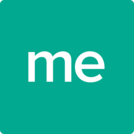
Students will create an artifat along with write a life reflection. They can choose how they would like to present to the class.
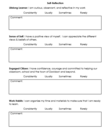
This is a self reflection document to be used at any point during the year with your students - but used specfically during report card time or three-way conferences. It provides students in kid-friendly language a way of understanding the FASA conditions and how they are able to apply these to their own habits at school. It is a great tool to use and assess during parent, student, teacher conferences. Co-created by Kira Toews and Brenna Siroski
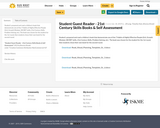
Student's prepared and read a children's book that demonstrate one of the 7 Habits of Highly Effective People (Grit, Growth Mindset, SECRET skills, 21st Century Skills, Problem Solving, etc). The book was chosen for the student for the 1st round, then students chose their own book for the second round.

Help your students think through how to get from “I can’t” to “I can try.”
This graphic organizer is compassionate way for you to help your students who feel stuck understand their resistance and make a plan to overcome it.